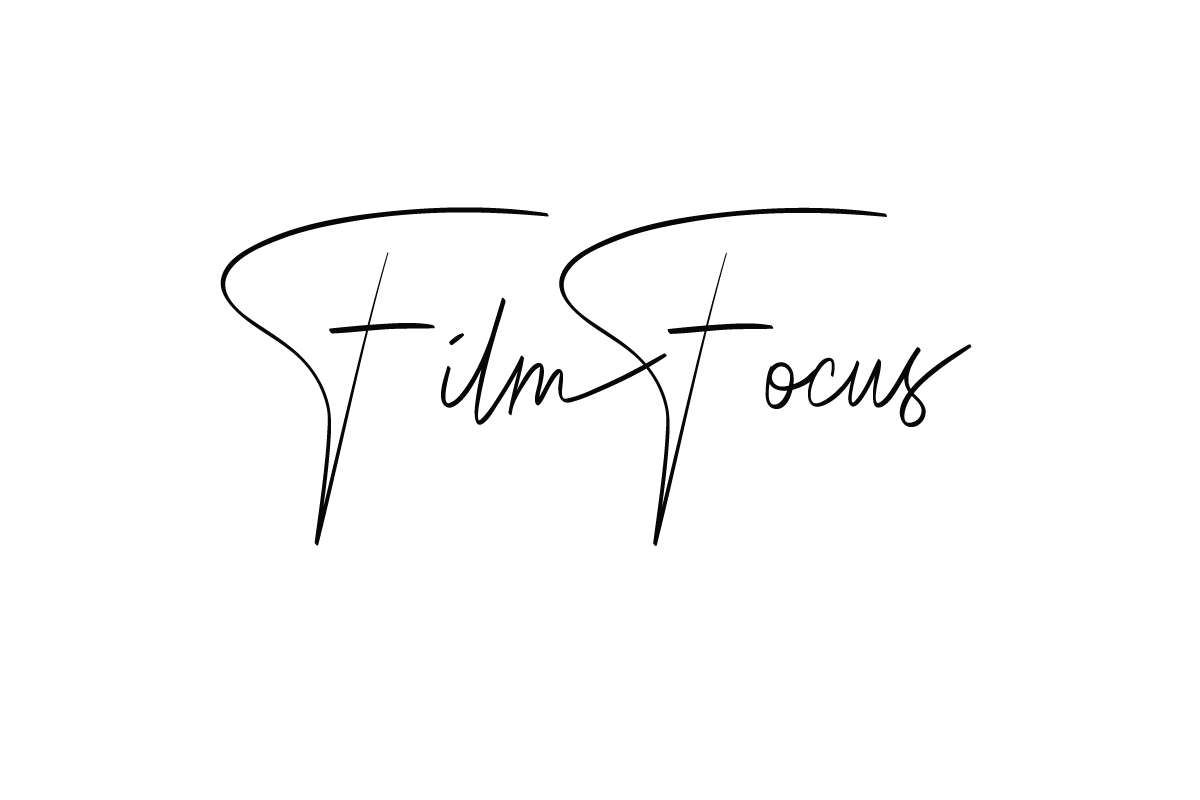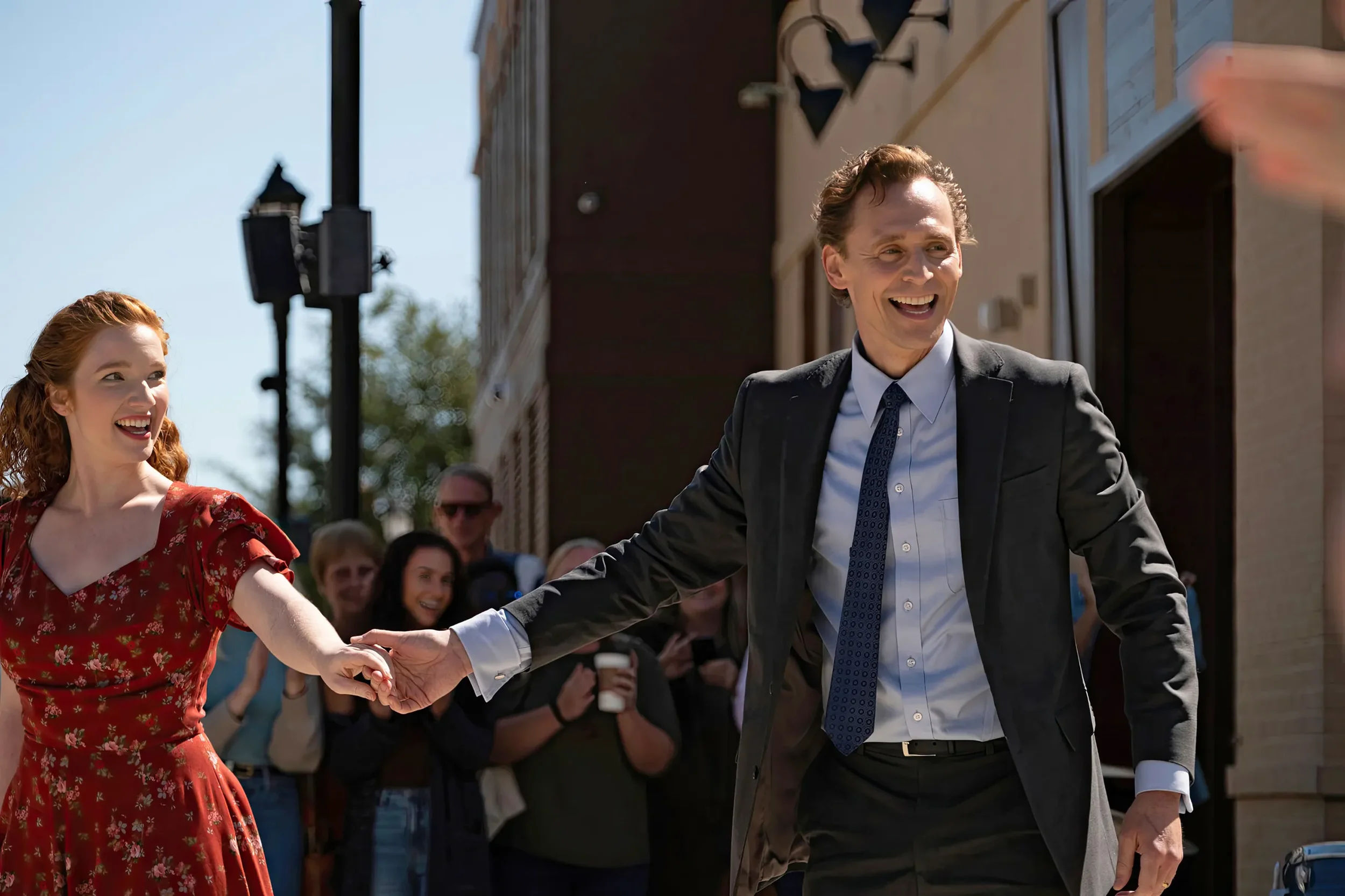The Life of Chuck Review
The Life of Chuck portends to offer something grand and important, but seems intent on doing the opposite.
Charles ‘Chuck’ Krantz’s life is told in three stages. From childhood (played by Jacob Tremblay), where he deals with the losses in his life alongside grandfather Albie (Mark Hamill) and grandmother Sarah (Mia Sara), to middle age (played by Tom Hiddleston) where he dances to the beat of a street musician to escape the drudgery of his life, to the end of the world, where an aged Chuck (again Hiddleston) happens to feature on the TVs, billboards and more around separated Felicia (Karen Gillan) and Marty (Chiwetel Ejiofor) as the lights of the world blink out.
Mike Flanagan’s The Life of Chuck is a strange beast of a film. Told in three parts, the film encapsulates vaguely three elements of Chuck’s life - first, his odd appearance in other’s experience of the end of the world, then his last fleeting moment of freedom and happiness as a middle-aged man before a life altering cancer diagnosis, and then again as a young child coping with the loss of his parents.
The film skirts around giving any strong motivation for connecting these three. The overarching message seems to be something akin to ‘do what you love in life’, or ‘you have limited time on this Earth so live in the moment and don’t obsess on the future’. But the way Flanagan unfurls this message makes it seem like he has something amazing, refreshing and new to say, when that clearly isn’t the case. These are messages we’ve seen time and time again, and done in ways that make a lot more sense, and are a lot more nuanced and compelling.
Visually, there are moments of grandeur in this film. But for large swathes of it, you can’t escape the feeling that this is shot on a set in a Hollywood backlot. The dancing sequence in particular feels like we’ve been dropped into Universal Studios Hollywood Backlot Tour.
The film’s structure is also unnecessary. We start with what is frankly the most interesting story, and while the film works backwards in time - and in some ways, this holds our attention because the sheer ‘WTF is happening’ of it all necessitates intent viewing - there is no need at all for it. There are plenty of film and literary works that use similar structures (one may think of Merrily We Roll Along as a close comparator structurally, or pushing the boat out a little perhaps something like Cloud Atlas), but in those works there is always this come together moment of clarity. The structure aids the message, delivering a culiminating moment of power and emotionality. That is bereft here, and perhaps that is because the source material - a novella from Stephen King - lacks it. But to get to the end of this interminable film and find that the point is so simplistic, feels like being cheated.
Ultimately, this movie fails to really compel or make you feel anything. And while the cast is stacked (also, Hiddleston is barely in it), and the production feels lush, this film can’t escape the feeling that it has little, if anything, new to say.


